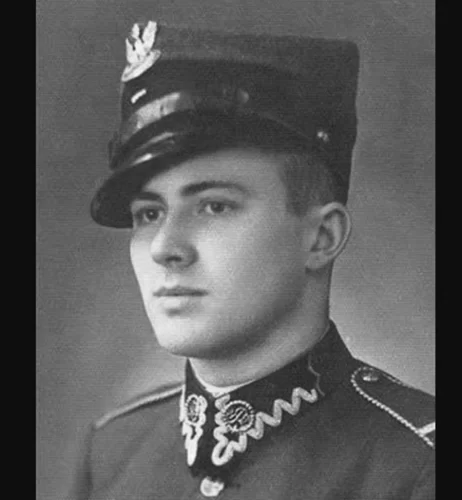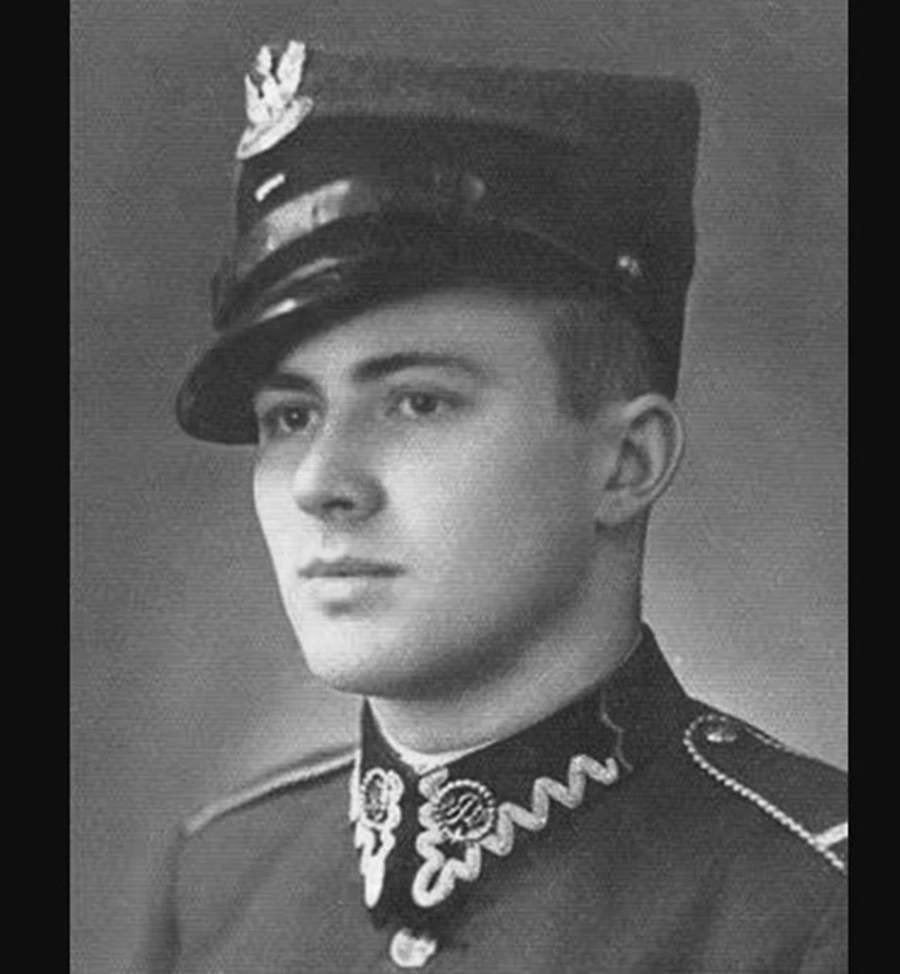
Courage is not unique to any country or culture. Brave heroes, past and present, can be found everywhere if one simply looks for them. Nonetheless, it’s rare enough that we should desire more of it. It comes in two forms, physical (as on a battlefield) and moral (as in lofty principles that enhance life and individual rights).
The late science fiction writer Ray Bradbury celebrated courage. He once said, “Go to the edge of the cliff and jump off. Build your wings on the way down.”
Writing in Reader’s Digest in 1964, the famous evangelist Billy Graham addressed it this way:
Courage is contagious. When a brave man takes a stand, the spines of others are often stiffened. Commitment to great causes makes great men. I feel sorry for the man who has never known the bracing thrill of taking a stand and sticking to it fearlessly. Moral courage has rewards that timidity can never imagine. Like a shot of adrenaline, it floods the spirit with vitality.
Mark Twain noted that one form of courage seems to be less prevalent than the other: “It is curious that physical courage should be so common in the world and moral courage so rare.”
Is courage just one of many admirable traits or does it deserve special attention? On that question, Winston Churchill was emphatic: “Courage is rightly esteemed the first of human qualities, because it is the quality which guarantees all others.”
I think Churchill was right. In a dangerous world, timid people—no matter how good they might be—are not likely for long to be a free people. And without freedom, life would be insufferable. So, put me on record in support of an annual “Courage Day”—a special day when we contemplate the importance of courage and celebrate those who accomplished stupendous things because of it.
When I need inspiration on this matter, I often turn to a country for which I possess a special fondness: Poland. In times of great challenge (and Poland has suffered more than its share of challenges over the centuries), heroes of courage arise in abundance from amongst the Polish people.
Maria Sklodowska-Curie was a trailblazing scientist who gave her life to advance our understanding of radiation and the atom.
A hundred years ago, Polish fighters saved Europe from a communist wave.
For his outspokenness, Ferdynand Ossendowski earned the personal hatred of Vladimir Lenin.
Stanislaw Lem was a science fiction writer who helped to undermine first the Nazis and then the Soviets.
Jan Karski endured great personal hardship but persevered to warn the world about Nazi atrocities in his native Poland.
Witold Pilecki volunteered to enter the Auschwitz concentration camp so he could secretly create an underground resistance.
Decades later, the young Polish priest Jerzy Popieluszko was martyred for his courage in opposing the Soviet puppet regime in Warsaw.
And in the waning years of the Soviet Empire, Polish patriots created a vast and amazing underground movement that helped topple it in 1989.
Among the most colorful figures of that underground movement was composer and author Stefan Kisielewski, who was arrested once for simply declaring that “Socialism is stupidism.”
To the roster of courageous Poles, I wish to add another: Jan Nowak-Jezioranski (Jan Nowak-Jeziorański – Wikipedia). A journalist and economist, he mustered immense courage during the Nazi occupation of Poland and later became a prominent broadcaster. Here’s what his résumé looks like:
Shortly after Germany invaded Poland in 1939, he joined the Resistance. He was captured by the Germans, then managed to escape and organize German-language publications to wage psychological warfare against the Nazis.
He acted as an envoy between the Polish Home Army and the Polish Government-in-Exile, thwarting numerous Nazi attempts to capture him during his clandestine travels. His daring adventures were the focus of a movie, The Resistance Fighter. He undertook five secret missions between Warsaw and London, transporting confidential documents in both directions.
He was the first journalist to report on the 1943 uprising of Polish Jews in the Warsaw Ghetto. A year later, he fought on the front lines of the Warsaw Uprising, regarded as “the single largest military effort taken by any European resistance movement during World War II.”
After the War, he continued to fight oppression as a broadcaster for the BBC and then for Radio Free Europe. He even served as an advisor to two U.S. presidents, Jimmy Carter and Ronald Reagan. He died in 2005 at the age of 90.
Jan Nowak-Jezioranski put his life on the line again and again for Polish freedom. His courage remains an inspiration to millions of Poles to this day.
I have asked myself many times if, given similar circumstances, I would have possessed the courage of the people I’ve cited here. I don’t know the answer to that. I certainly hope I could have measured up. Perhaps we should all ask ourselves the same question. How much courage do we possess within ourselves to defend the values we hold dear?
I know this for sure: Looking to models of courage such as Jan Nowak-Jezioranski for inspiration will help us grow in courage ourselves. We may need it when we least expect it.
When I visit Poland again for award ceremonies this November, I intend to thank Poles for supplying the world with so many sterling examples of that critical trait called courage.
(A version of this article originally appeared at El American.com.)

Lawrence W. Reed
Lawrence W. Reed is FEE’s President Emeritus, Humphreys Family Senior Fellow, and Ron Manners Global Ambassador for Liberty, having served for nearly 11 years as FEE’s president (2008-2019). He is author of the 2020 book, Was Jesus a Socialist? as well as Real Heroes: Incredible True Stories of Courage, Character, and Conviction and Excuse Me, Professor: Challenging the Myths of Progressivism. Follow on LinkedIn and Like his public figure page on Facebook. His website is www.lawrencewreed.com.
This article was originally published on FEE.org. Read the original article.

